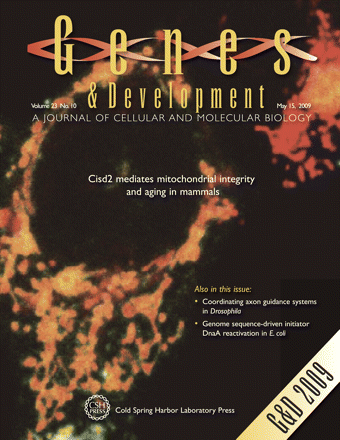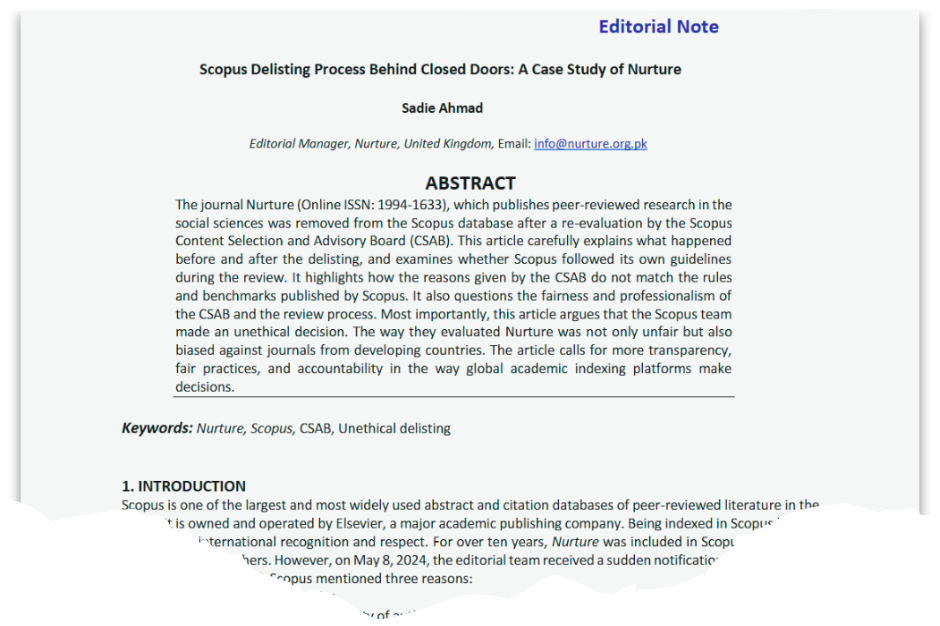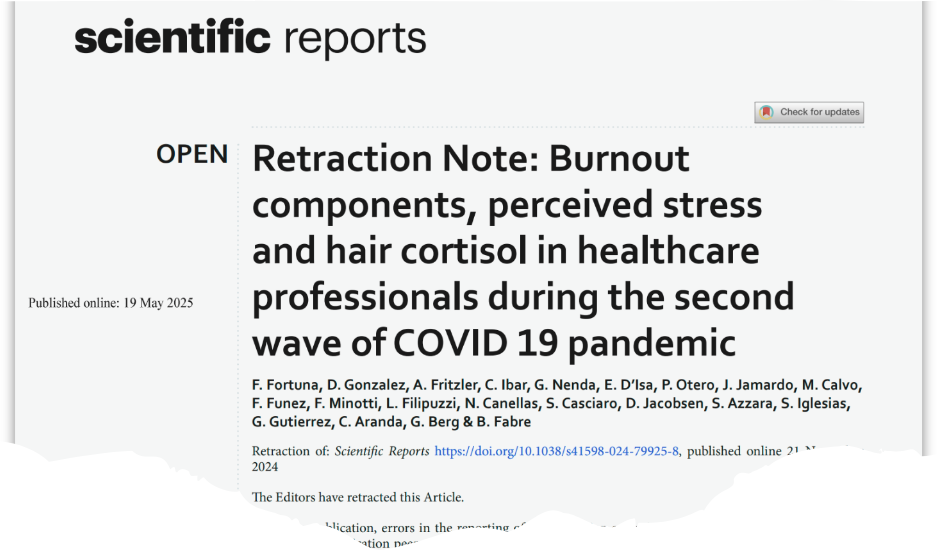Twelve years after sleuths flagged problematic images in a 2009 paper, the authors — including the head of a UK research institute — have retracted the article.
The paper, published in Genes & Development, has been cited 126 times, according to Clarivate’s Web of Science.
According to the June 1 retraction notice, the authors retracted the paper because of “anomalies in the data presented” in multiple figures. “The issues relate to potential instances of image manipulation, including undisclosed splicing, lane flipping, and lane and panel duplications in the preparation of these figures.”
Continue reading Director of Cambridge toxicology institute retracts paper for potential image manipulation








